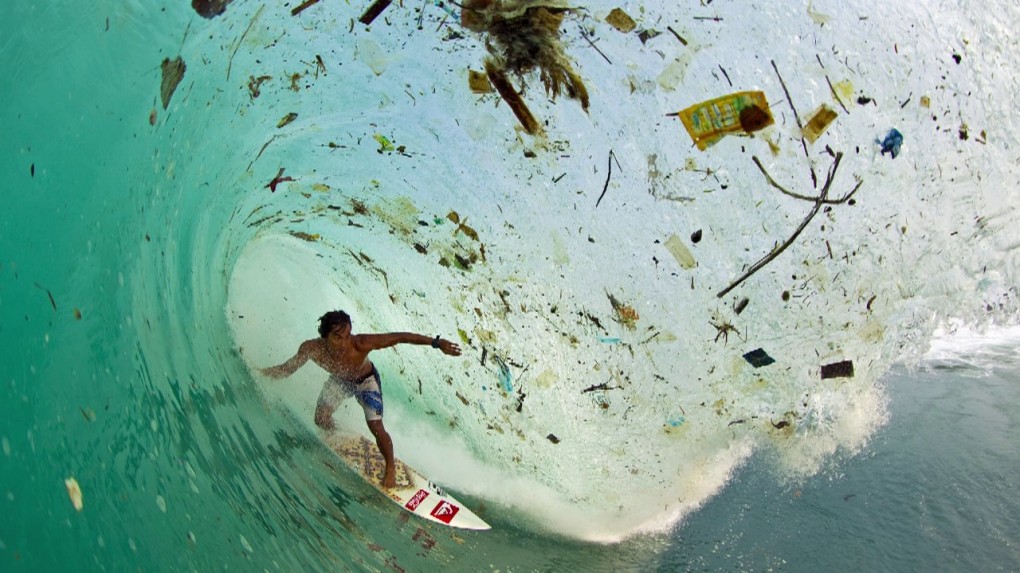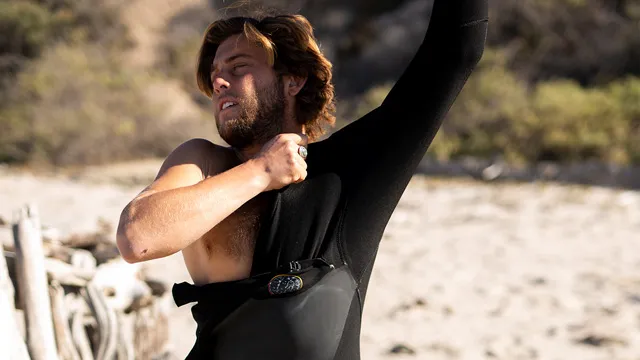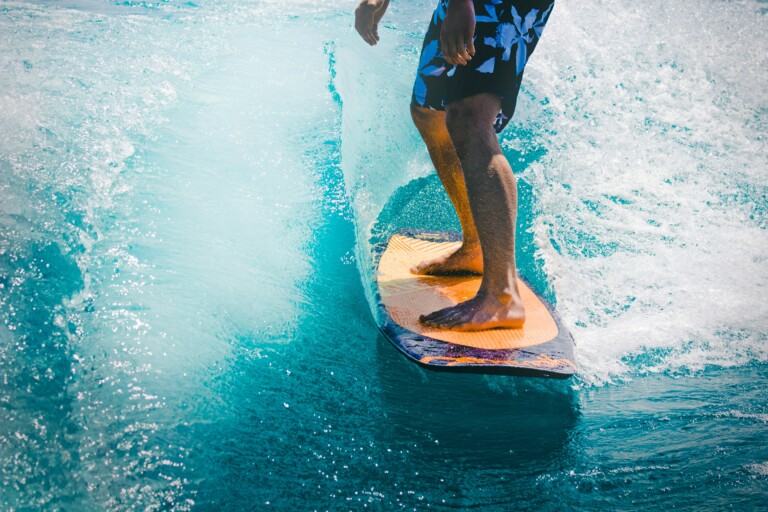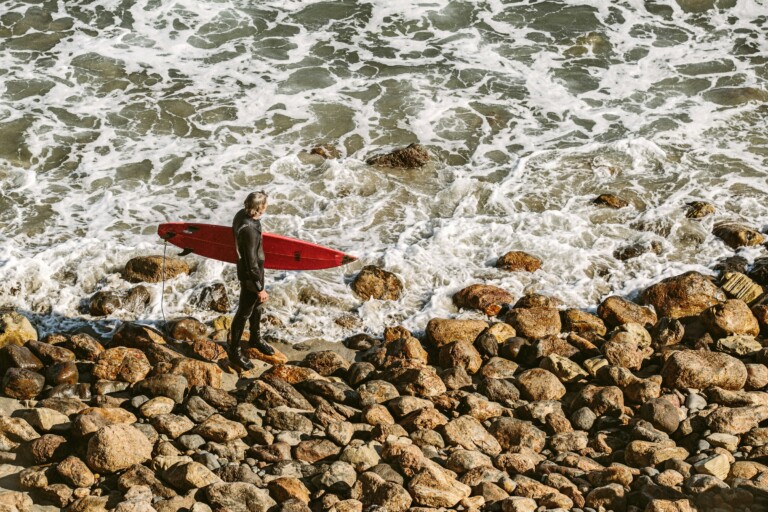Surfers can play a vital role in preserving the oceans and beaches they love by adopting eco-friendly practices. Here are some sustainable habits and actions surfers can incorporate into their lifestyle for eco-friendly surfing:
- Use Eco-Friendly Surf Gear:
- Opt for surfboards made from sustainable materials or recycled materials.
- Choose eco-friendly wetsuits that are made from neoprene alternatives or recycled materials.
- Support Sustainable Brands:
- Purchase gear and clothing from companies committed to sustainability and ethical practices.
- Look for eco-certifications and transparent supply chain information when buying surf-related products.
- Reduce Plastic Use:
- Say no to single-use plastics, especially water bottles, and instead use a reusable water bottle.
- Bring a reusable bag for your wet gear and trash to avoid contributing to plastic pollution.
- Participate in Beach Clean-Ups:
- Organize or join beach clean-up events to remove litter from the shorelines.
- Educate others about the impact of plastic pollution and the importance of keeping beaches clean.
- Conserve Water:
- Rinse off your wetsuit and gear with a bucket of freshwater instead of a hose.
- Take shorter showers and be mindful of water usage when cleaning equipment.
- Respect Marine Life:
- Avoid disturbing wildlife and marine ecosystems while in the water.
- Educate yourself about local marine life and follow guidelines for responsible interaction.
- Choose Reef-Safe Sunscreen:
- Select sunscreen that is labeled as reef-safe, as some chemical ingredients can harm coral reefs.
- Wear protective clothing like rash guards to minimize the need for excessive sunscreen.
- Responsible Travel:
- Choose surf destinations that promote sustainable tourism and have eco-certifications.
- Offset your carbon footprint by supporting carbon offset initiatives or choosing eco-friendly transportation options.
- Educate Others:
- Share information about eco-friendly practices with fellow surfers and the wider community.
- Use social media to raise awareness about environmental issues affecting oceans and marine life.
- Support Ocean Conservation Organizations:
- Contribute to or volunteer with organizations dedicated to protecting the oceans and marine life.
- Stay informed about legislative initiatives that support marine conservation efforts.
- Practice Leave No Trace:
- Follow the principles of Leave No Trace when spending time in natural areas.
- Pack out all your trash and, if possible, pick up any additional litter you come across.
- Community Engagement:
- Join or create a local surf community that is committed to sustainability.
- Work together on initiatives such as beach clean-ups, educational programs, or advocacy for environmental protection.
By incorporating these eco-friendly practices into their surfing lifestyle, surfers can contribute to the health and preservation of the oceans and coastal environments they enjoy.











